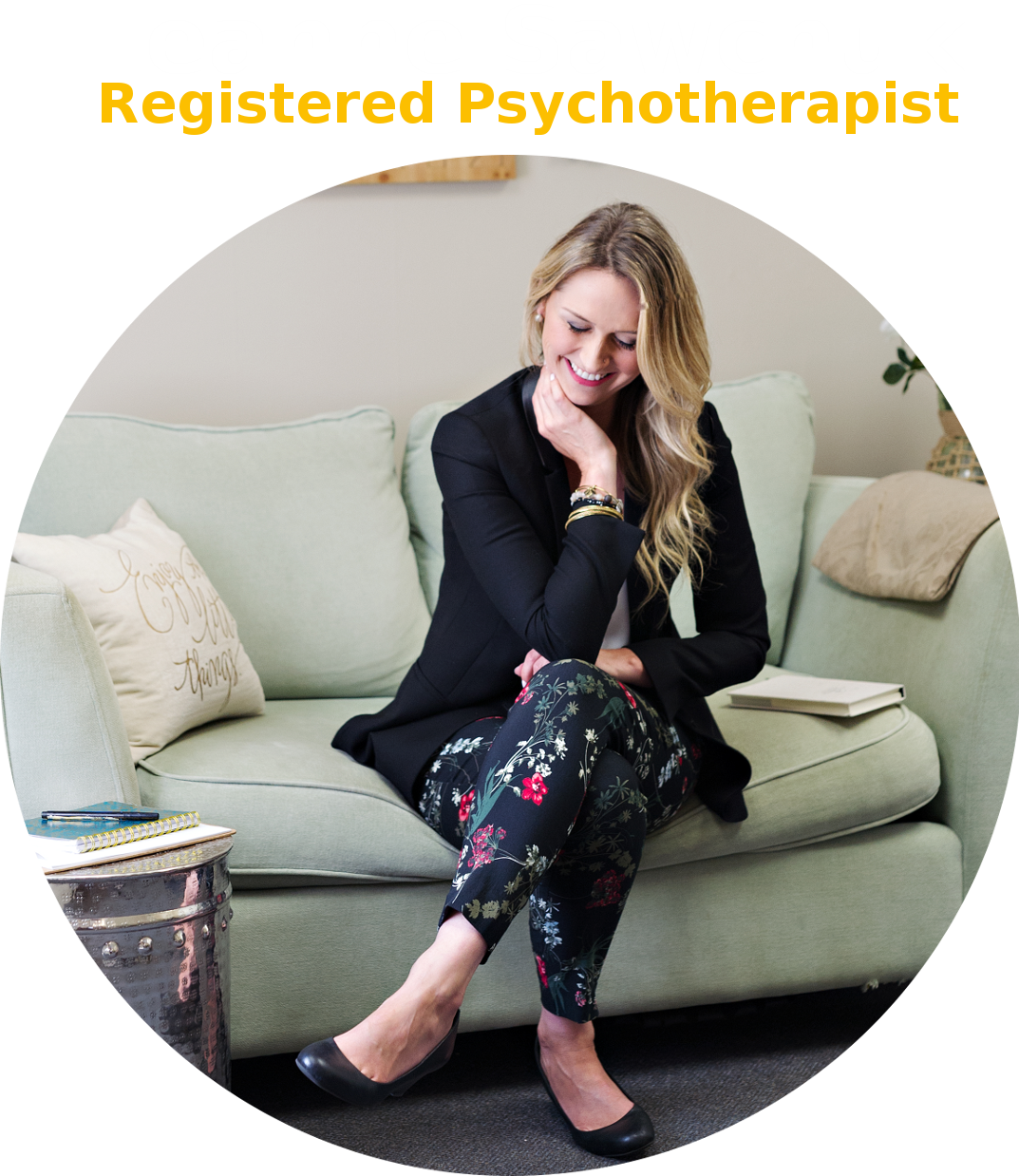Denying the truth is like looking out a window and seeing the rain falling and saying “it can’t be raining”. Clearly it is indeed raining, so why say it isn’t? Its more about not wanting to believe it’s true and feel what this may bring up for you.
According to recent psychological research (by David Barlow, Steven Hayes and others) one of the main causes of many psychological problems is the habit of emotional avoidance. As defined, emotional avoidance refers to any action/behaviour that is put in place/utilized to prevent the occurrence or stop the feeling of an uncomfortable emotion, such as fear, sadness, shame, or happiness (yes, you read the right).
So what are some of the most common ways a person may try to avoid uncomfortable emotions? There are several, but some of the most common are; alcohol, food, drugs, eating disorders, shopping, gambling, sex, social media, self-harming, etc.
We live in a society where numbing out is readily accessible. In many ways numbing out is idealized, but all that happens is you continue to be drawn away from yourself. There are always ample distractions waiting for you, but at what price? There has been a lot of research done on the subject of emotional avoidance which has proven that conscious attempts to suppress and/or avoid thoughts and feelings will actually increase their intensity. Things like addictions, depression, anxiety, eating disorders, etc., can be a direct result of emotional avoidance. For example, you feel bad so you reach for a substance. This equals temporary pain relief. This wears off, so you reach for another. Not so bad in the short term, but as the pattern continues to repeat, so does your automatic response to avoiding your emotions. The very thing you are using to avoid your emotions becomes the thing that ends up causing you more harm. The more you avoid, the more the emotions tend to manifest themselves and will likely impact you in a really unhealthy way. While avoiding your emotions and what you may be feeling in the present moment may feel good (and I use that term lightly) temporarily, the end result is usually anything but good.
For example, let’s say you are fearful of being with your awareness that a particular relationship is unhealthy for you. Avoidance would be to keep yourself busy and focused on other things and not address the issues that are happening in the relationship. You may pour yourself into work, or start spending money unnecessarily, but both of these things will only provide temporary relief. In the end, the relationship is still unhealthy and you are still unhappy within it.
Imagine if you have a fear of public speaking. The emotion you are trying to avoid is the fear. By avoiding the fear (fear of judgement, failure, or not being good enough), you are keeping yourself “safe” by not allowing yourself to experience the uncomfortable emotion, but you are also restricting yourself from the very thing that may allow you to grow.
Over time avoiding your emotions can leave you feeling imprisoned. Within this imprisonment, you may convince yourself that you are too scared or unwilling to make a change or take a risk. Perhaps the concept of the unknown is too unbearable. So what happens then? You stay stuck while continuing to play out the same pattern day after day, wishing you were somewhere else, but too frightened to do anything about it.
The bottom line is, your thoughts, feelings and emotions go with you everywhere that you go. You can not selectively avoid emotions. When you avoid one emotion you avoid them all. Your feelings are a part of you, so while you may think you are doing yourself a favor by pouring yourself into countless distractions, you simply are not.
Emotional avoidance places great restrictions on how you live your life. For example, if you are depressed you may start to isolate yourself in order to avoid situations that may leave you in a deeper state of depression. The very thing you were trying to isolate yourself from may have been the very thing that allowed you to feel better. Instead, you end up in a deeper state of depression.
When working with people I operate from the standpoint of our emotions being a form of information to us. They provide us with raw data of what is really going on. What if you allowed your emotions to serve you in a healthier way and tried to embrace them, as opposed to avoiding them? Imagine how different your life could be.
A stage that my clients and I often arrive upon in therapy together is the idea of emotional acceptance. Being able to identify what you are feeling and make sense of it. A lot of progress comes from allowing yourself to sit with your feelings of discomfort while exploring them a little further. This takes time, but has great potential. Emotional acceptance is a far better strategy than avoidance. By accepting or owing your emotions, you allow yourself to become aware of the actuality of your situation. Once you start to own your emotions, you no longer have to push them away which allows you to learn more about it, why it is present in your life, and what you can do with it.
The interesting thing about all of this is that when you begin to accept an uncomfortable emotion, it will inevitably lose its power. To sum this up, I will leave you with this example. Imagine being caught in an undertow while swimming in the ocean. If you panic, you may try to swim as hard as you can. In essence you are swimming against the current and end up feeling even more fatigued and may even start to cramp up. As a result, you may be pulled under. However, if instead you just allowed yourself to let go, the current would simply take you out to sea and eventually you can swim safely back to shore. If you continue to push powerful emotions away, they will continue to work against you. If you allow yourself to let go a little bit and embrace your emotions you open yourself up to such learning, personal growth, and freedom.



